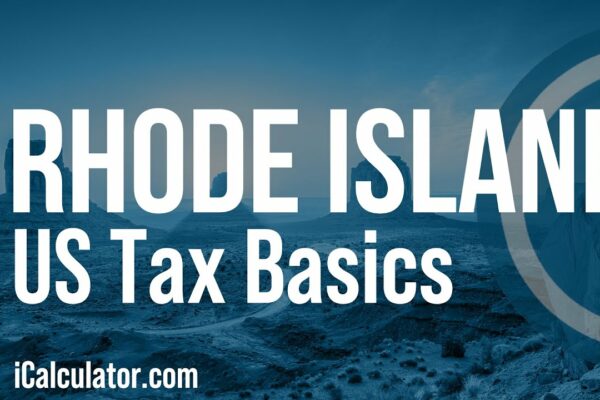
Does Rhode Island impose taxes on shipping?
Rhode Island, a state known for its maritime trade, has specific tax regulations in place for shipping activities. As per state law, sales tax is generally applicable to tangible personal property, including goods shipped within and outside the state. However, there are exemptions for certain types of transactions, such as interstate and international shipments. To ensure compliance and understand the nuances of Rhode Island’s shipping taxes, it is advisable to consult a tax professional or refer to the state’s official guidelines.






